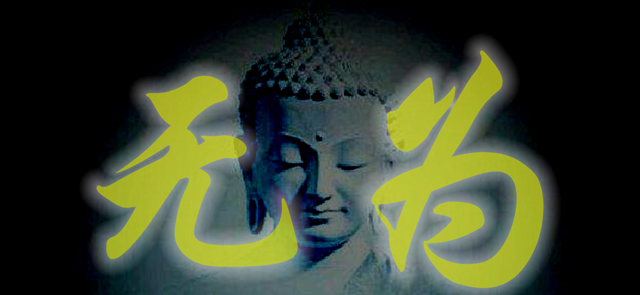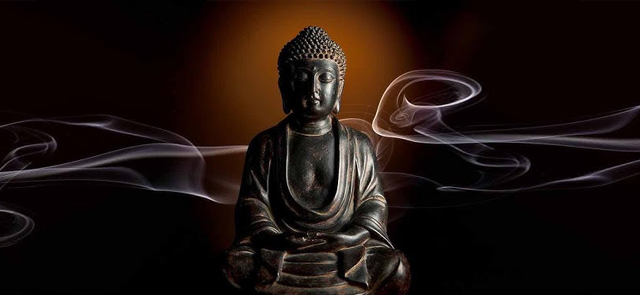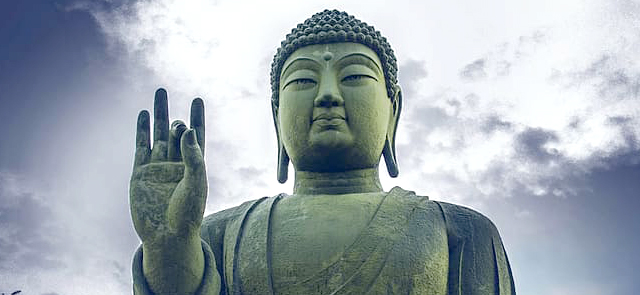The Lankavatara Sutra [Chin.: léngqié jīng 楞伽经 | Sanskr.: लंकावतारसूत्र Laṅkāvatāra Sūtra] stands as one of the most profound and revered texts in the rich tapestry of Buddhist literature. Rooted in the Mahayana tradition, it is believed to have been composed during the 4th or 5th century CE, attributed to the great sage Mahāmati ("Great Wisdom") [Chin.: Dà zhìhuì 大智慧 | Sanskr.: महामति Mahāmati], who was a disciple of Buddha himself. The term "Lankavatara" translates to "Entering into Lanka," signifying the transcendent voyage of understanding the true nature of reality.
1 Historical Context
The Lankavatara Sutra emerged during a time of significant development and diversification within Buddhism. Mahayana, or the "Great Vehicle," gained prominence, introducing new perspectives on the path to enlightenment and the nature of reality. In contrast to the earlier Hinayana (Theravada) tradition, Mahayana emphasized the potential for all sentient beings to attain Buddhahood and placed a strong emphasis on the power of compassionate bodhisattvas to liberate others from suffering.
2 Themes and Structure
The Lankavatara Sutra is a voluminous text, comprising multiple chapters and dialogues between the Buddha and his disciple Mahamati. The themes explored in the sutra are profound and multifaceted, delving into the nature of mind, the essence of reality (tathata), the concept of emptiness (shunyata), and the importance of direct insight (prajna).
At the core of the Lankavatara Sutra is the doctrine of "Mind-Only" (Cittamatra or Vijnaptimatra). This philosophical standpoint posits that the external world is nothing more than a projection of the mind, and it is only through the realization of this illusory nature that one can attain enlightenment. The sutra provides profound teachings on how to transcend the dualistic perception of subject and object and recognize the underlying unity of all existence.
3 Key Teachings
One of the fundamental teachings of the Lankavatara Sutra is the concept of "consciousness-only" (vijnana-matra). According to this doctrine, all phenomena arise from mind-consciousness, which is influenced by the storehouse consciousness (alaya-vijnana). This storehouse consciousness contains the karmic imprints of all actions, thoughts, and experiences accumulated over countless lifetimes. By understanding the workings of this consciousness, one can break free from the cycle of suffering and rebirth.
Another central teaching of the sutra is the concept of "Tathagata-garbha," which refers to the "Buddha-nature" inherent in all sentient beings. Despite being obscured by ignorance and delusion, this Buddha-nature represents the potential for all individuals to awaken to their true nature and become fully enlightened.
4 The Role of Bodhisattvas
The Lankavatara Sutra places great emphasis on the significance of bodhisattvas - enlightened beings who dedicate themselves to the welfare and liberation of all sentient beings. Bodhisattvas embody compassion, wisdom, and the vow to remain in the cycle of birth and death until all beings attain enlightenment.
5 Modern Relevance
Despite its ancient origins, the Lankavatara Sutra remains highly relevant in contemporary Buddhist thought. Its teachings continue to inspire practitioners to cultivate mindfulness, wisdom, and compassion, fostering a deeper understanding of the true nature of reality.
In conclusion, the Lankavatara Sutra serves as a profound guide to spiritual seekers on the path to enlightenment. Through its exploration of consciousness, mind, emptiness, and the role of bodhisattvas, the sutra offers timeless wisdom






